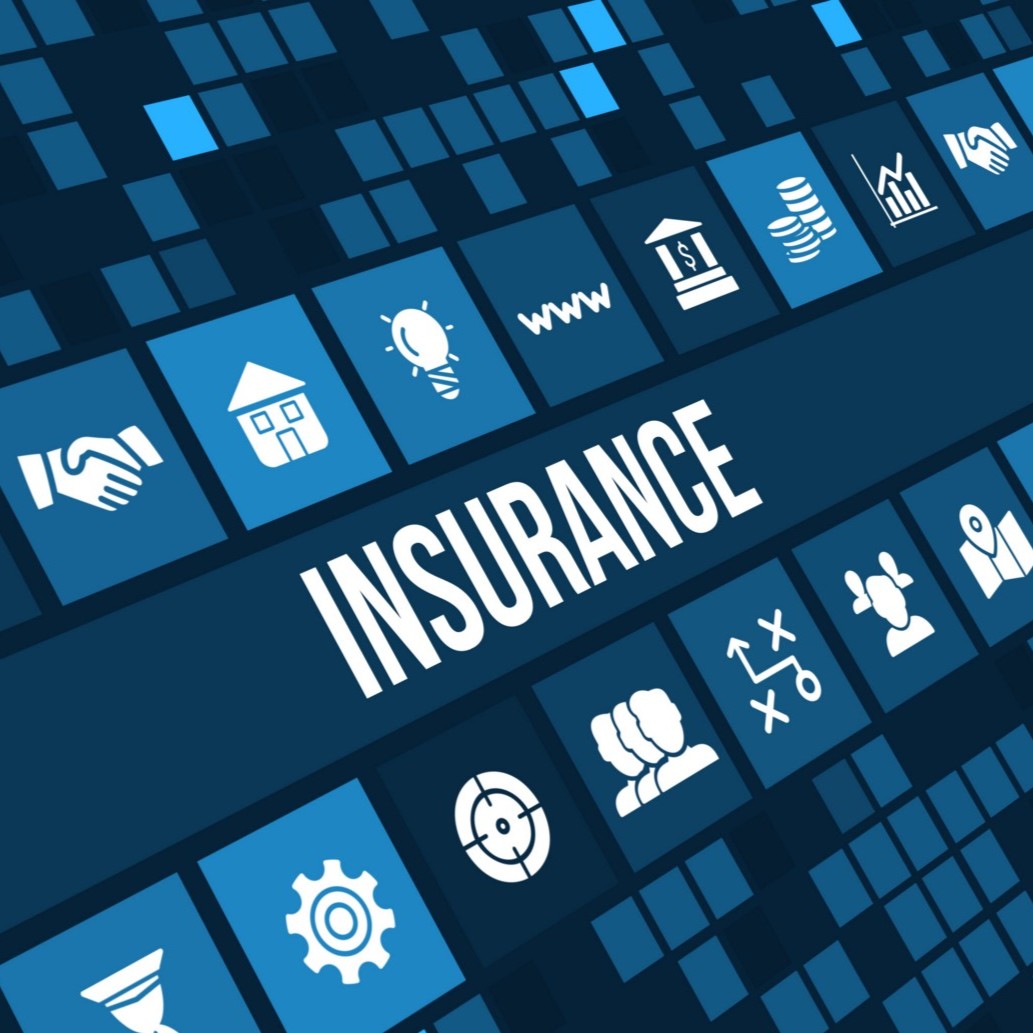
The insurance industry is heavily reliant on constant client growth. An insurance agency is an excellent business to own because your customers’ policies must be renewed annually. This creates unique opportunities because you can frequently incur a small loss on customer acquisition costs (CPA) while knowing that the majority of your customers will renew their policies the following year at no cost to you.
The difficult part is expanding your customer base. Insurance agencies frequently compete against large carriers with significantly larger budgets, as well as their local competitors. It is critical to define and target your ideal customer when developing a digital marketing strategy for insurance agencies. This may necessitate adjusting your strategy.
- Produce Superior Content
- Create a Digital Customer Experience
- Define Your Target Audience
Produce Superior Content
Before spending $1,000 on an insurance policy, the majority of consumers conduct extensive research. By consistently providing high-quality, unique insurance information on your website, you can potentially attract these lurking visitors. Conduct research to ascertain the information your target customers seek when switching to a new insurance agency. Describe the experience of working with your agency. Publish rate comparisons for all major insurance carriers on a regular basis. Your website should be an educational resource where prospective buyers can obtain all the information they require to make an informed decision.
Create a Digital Customer Experience
Your website’s customer journey must be highly organized. This entails directing the customer to the information they require to make a decision quickly. The critical information should be easily accessible. Navigation should be simple to understand. Testimonials from customers should be included. There should be numerous calls to action. Visitors should have no difficulty contacting you via email, telephone, snail mail, or smoke signal. Your insurance agency’s website must accommodate each individual’s preferred method of communication.
Connecting with a live person who can provide an exceptional level of customer service is critical. The majority of people are averse to communicating with a chatbot or a phone tree. Visitors to your website expect pages to load quickly and to be mobile-friendly.
Define Your Target Audience
It’s difficult to develop a marketing strategy until your target audience is defined. Many agencies are seeing an aging customer base, which means that many of the marketing strategies they previously used to acquire new customers will no longer work. Gen Xers and Millennials are technologically adept. Many of them may be perplexed as to why you would walk into a bank, let alone an insurance agency, rather than going online to Geico, Mercury, or Progressive.
Ascertain your ideal customer personas and then craft marketing messages to appeal to them. Then, use relevant social media and advertising platforms to distribute your marketing messages in order to attract your ideal customers.
How to effectively market your insurance agency online
Your customers are just as reliant on the internet as you are. A strong online presence can help keep your agency at the top of people’s minds when they’re looking for insurance. Among your online options are the following:
- Developing a website for the agency: You must have a well-designed website with an easily-remembered URL is important. Inquire of your commercial clients whether they would consider linking their commercial websites to yours. It provides both of you with the opportunity to generate referrals.
- Establishing a mobile presence: People do not use their smartphones for just browsing alone. They also make purchases and conduct business. Don’t forget to optimize your website for mobile devices.
- Making use of social media: LinkedIn is especially beneficial for commercial client prospecting.
- Investing in online advertising: The web is awash with advertising space. You can sponsor a website, create a banner, or use a pay-per-click advertisement. However, try to avoid pop-up ads and other annoyances.
- Webinars, podcasts, and online slideshows: You can use these low-cost online tools to educate your customers about the products you sell.
Your internet presence cannot be a last-minute decision. Customers expect a certain level of professionalism online, especially now that the majority of businesses are active on the web.